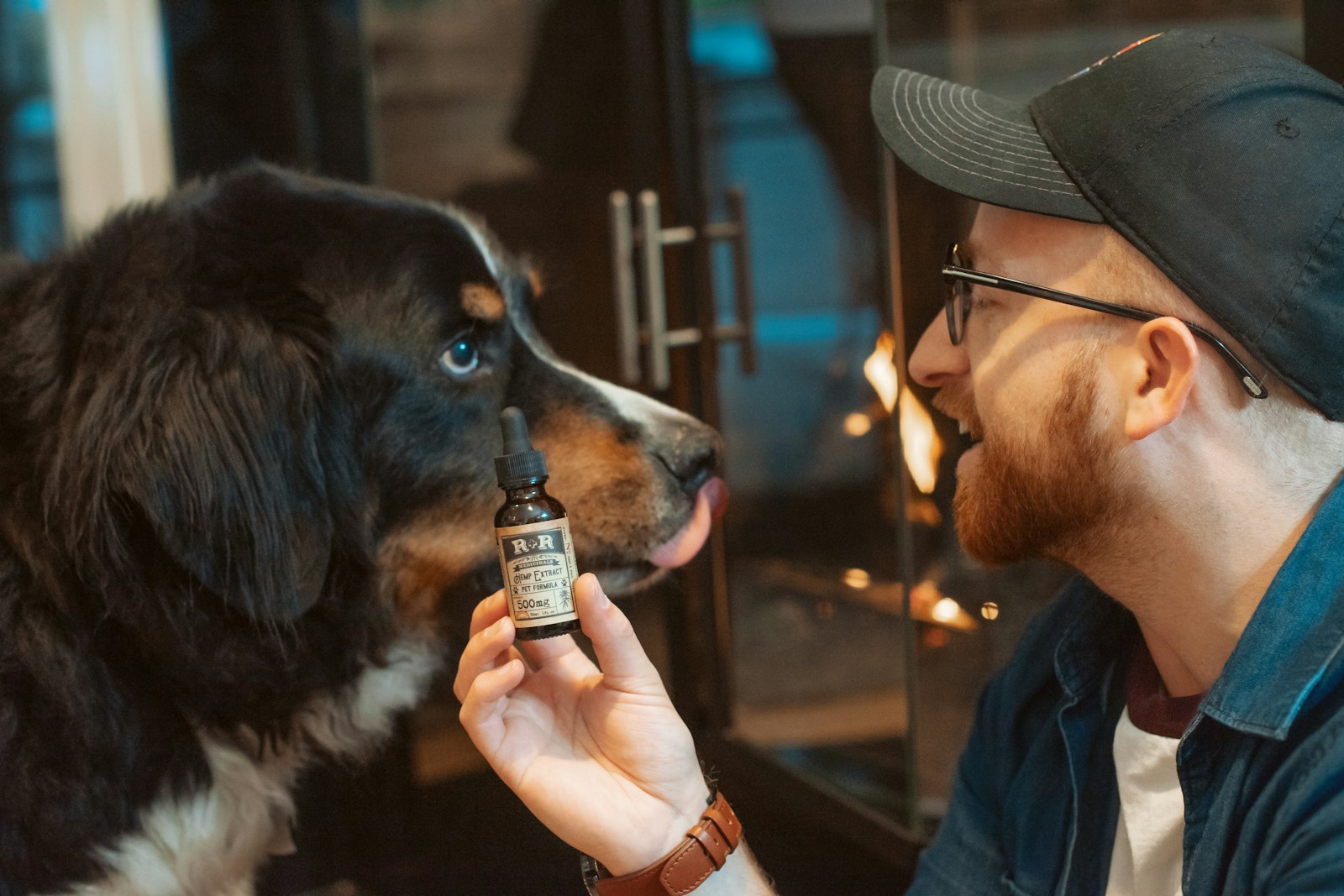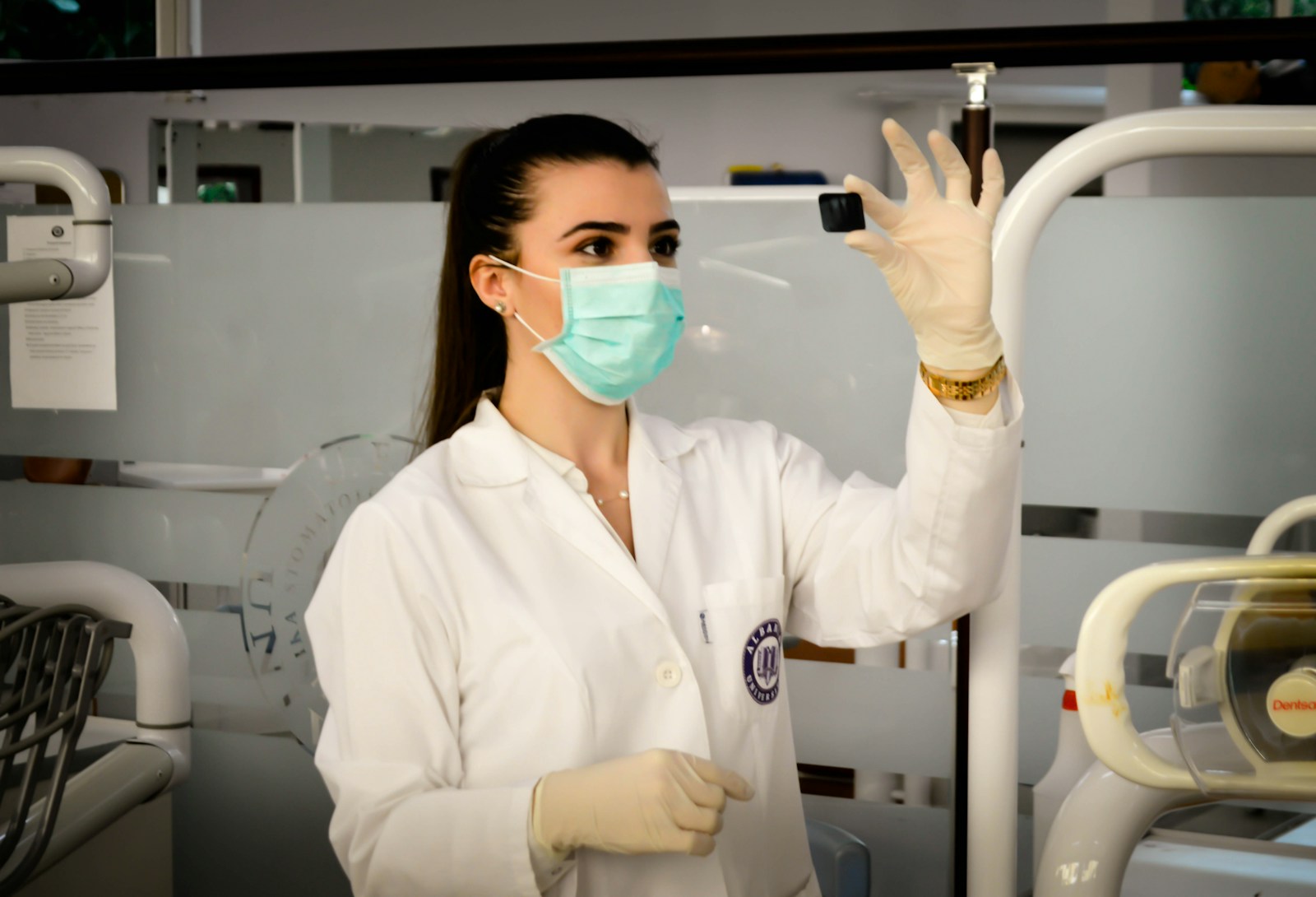Welcoming a furry friend into your home brings immense joy, but it also comes with responsibilities, including recognizing when your dog is unwell. In this guide, we’ll explore the signs of a sick dog and provide valuable insights on how to treat them with care and expertise.
Table of contents
- Signs of a Sick Dog
- Immediate Care for a Sick Dog
- When to Seek Professional Help
- Common Illnesses in Dogs
- Home Remedies for Mild Ailments
- Nutrition for a Sick Dog
- Hydration Importance
- Isolation and Rest for Recovery
- Medication Administration
- Alternative Therapies
- Preventing Common Illnesses
- Caring for a Dog with Chronic Conditions
- Importance of Regular Veterinary Check-ups
- Conclusion
- FAQs
Signs of a Sick Dog
The first step in treating a sick dog is recognizing the signs of illness. These can include changes in eating habits, excessive thirst, changes in stool, vomiting, lethargy, sudden weight loss, and difficulty or rapid breathing. Other signs can include poor balance, lack of energy, and changes in behavior.
Immediate Care for a Sick Dog
In the initial stages of illness, providing immediate care at home is essential. Keep your dog comfortable, maintain a quiet environment, and offer bland, easily digestible food. However, if symptoms persist, professional help is paramount.
When to Seek Professional Help
Knowing when to seek veterinary assistance is crucial. Persistent symptoms, severe conditions, or sudden changes in behavior should prompt an immediate visit to the vet. Professional guidance ensures accurate diagnosis and appropriate treatment.
Common Illnesses in Dogs
Understanding common dog illnesses is vital for pet owners. From infections to allergies, recognizing symptoms early allows for prompt intervention, enhancing the chances of a full recovery.
Home Remedies for Mild Ailments
For minor illnesses, home remedies can be effective. Simple measures like honey for coughs or pumpkin for digestive issues can offer relief. Always consult with your vet before trying any home remedy.
Nutrition for a Sick Dog
Proper nutrition is a cornerstone of recovery. Tailor your dog’s diet to their specific needs, focusing on easily digestible, nutrient-rich foods that support their overall health.
Hydration Importance
Maintaining hydration is critical during illness. Ensure your dog has access to clean water and, if necessary, offer electrolyte solutions to prevent dehydration.
Isolation and Rest for Recovery
Creating a quiet, comfortable space for your sick dog is essential. Isolation reduces stress, aiding the recovery process. Provide a cozy bed and limit interactions to promote rest.
Medication Administration
If prescribed medication, administer it as directed by your vet. Pay attention to dosage and timing, and report any adverse reactions promptly.
Alternative Therapies
In addition to traditional treatments, explore alternative therapies like acupuncture or herbal supplements. Always consult with your vet before incorporating new approaches.
Preventing Common Illnesses
Prevention is key. Maintain regular exercise, a balanced diet, and routine veterinary check-ups to safeguard your dog’s well-being and minimize the risk of common illnesses.
Caring for a Dog with Chronic Conditions
For dogs with chronic conditions, consistent management is crucial. Follow your vet’s advice, administer medications regularly, and monitor your dog’s overall health closely.
Importance of Regular Veterinary Check-ups
Regular vet check-ups are not just for sick pets. They’re essential for preventive care, allowing early detection of potential issues and ensuring your dog’s long-term well-being.
Conclusion
In the journey of caring for your dog, being proactive and attentive to their health is paramount. By recognizing signs early, providing immediate care, and partnering with your vet, you can ensure your furry companion leads a happy, healthy life.
FAQs
- Q: Can I use over-the-counter medications for my dog?
- A: It’s crucial to consult your vet before administering any medications to your dog, as some can be harmful or ineffective.
- Q: How often should I take my dog to the vet for a check-up?
- A: Annual check-ups are recommended for healthy dogs, but older or sick dogs may need more frequent visits.
- Q: Are home remedies safe for all dogs?
- A: While some home remedies are safe, it’s essential to check with your vet first, as individual dogs may react differently.
- Q: Can a dog recover from chronic conditions?
- A: With proper management and veterinary care, many dogs with chronic conditions can lead fulfilling lives.
- Q: What’s the significance of preventive care?
- A: Preventive care helps catch potential issues early, often resulting in simpler and more effective treatments.







[…] How to Treat a Sick Dog: A Comprehensive Guide […]